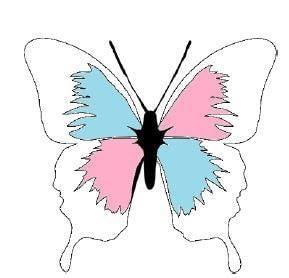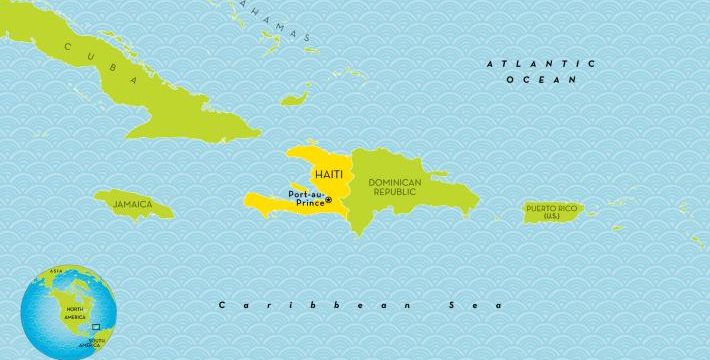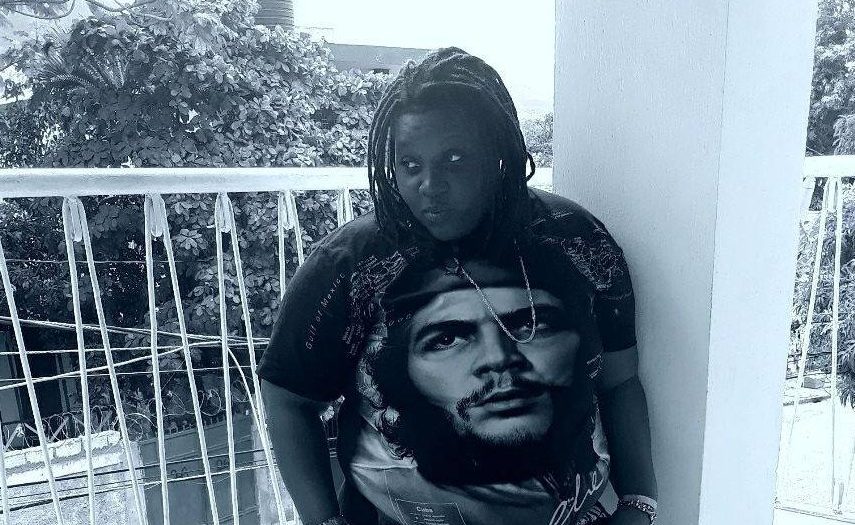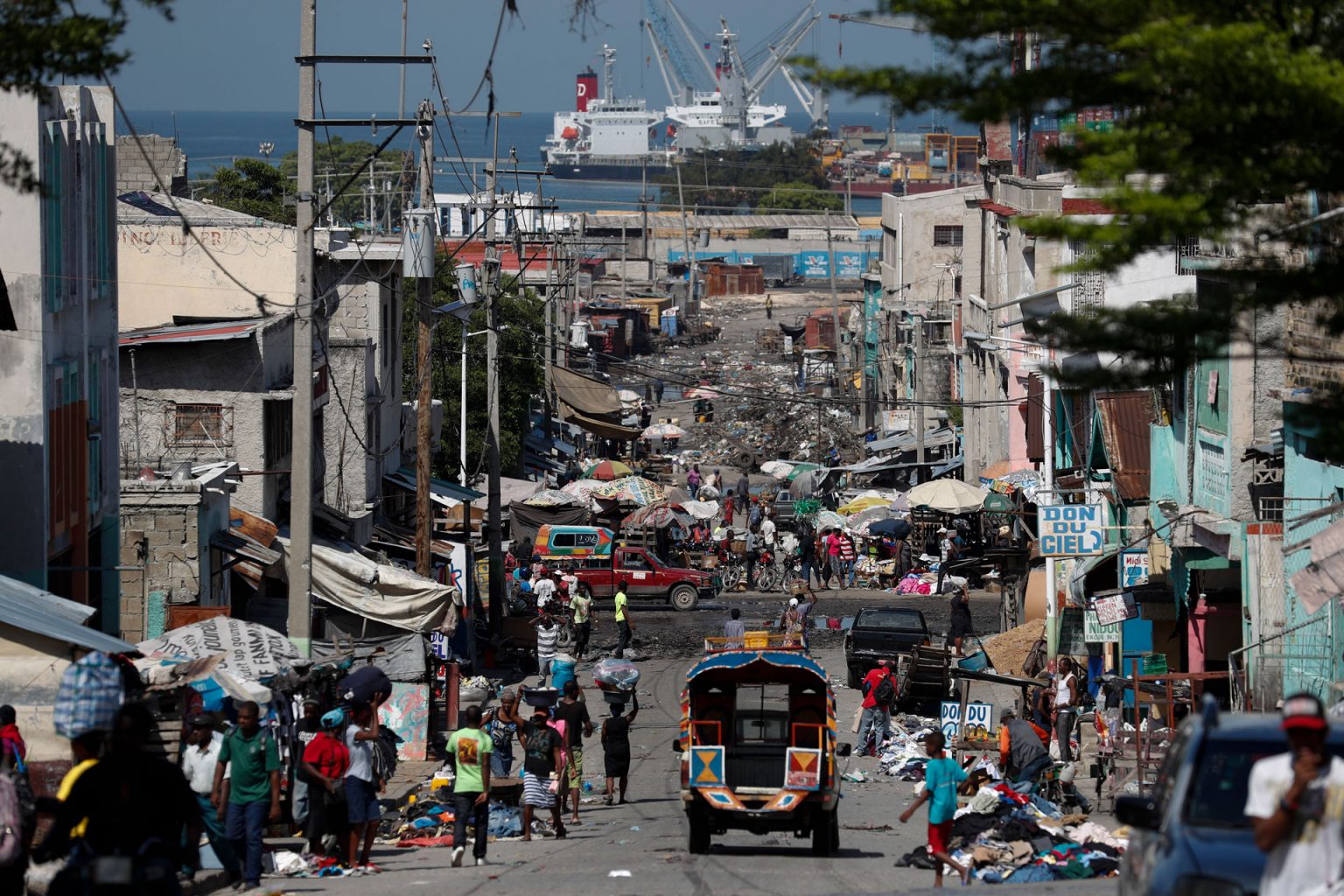Meet the Haitian activist fighting to make space for trans people
Moïse Manoël-Florisse, is an African-Caribbean online journalist keeping an eye…

As general coordinator of the Organization of Trans People of Haiti (OTRAH), Dominique St Vil is one of the most visible and militant activists promoting the rights of trans people in Haiti.
St Vil spoke with 76 Crimes reporter Moise Manoel to tell us about his work.
How is OTRAH working to improve the lives of trans Haitians?
OTRAH’s goal is to make Haiti an inclusive country by 2030. I hope to destroy barriers in the judiciary, in the health care arena, in education, in the economy, and in social settings that presently exist for us as trans-identifying people.
OTRAH is pursuing three axes to achieve this goal.
First, we would like to include trans-identified people in our judicial system in Haiti, in order to improve support for victims of gender-based violence. OTRAH hopes to carry out a peer psycho-social support project, because too often victims are left to their own devices.

Second, raising awareness is also the focus of tremendous effort.
Internally, within LGBT+ communities, there is enormous work to be undertaken to raise awareness of gay male patriarchy. In this sense, it’s a long-term feminist battle that remains to be fought—but feminists must also deconstruct their identities in order to include trans-identifying people. Currently, Haiti lacks a transfeminist discourse in the face of the patriarchal colonial legacy.
Externally, with regards to education and pedagogy within families, our focus is to prevent trans suicides, which are already too numerous and too often go unrecognized. We must succeed in making families understand that transgender identity is a gender identity, as it is often confused with sexual orientation in public discourse—a huge misconception. There are trans-identified people who are heterosexual and others who are homosexual. Parents need to understand that transgender identity is not just a matter of binarism and physical transformation.
Our third axis is advocacy, notably regarding the question of health. For example, concerning HIV, there is significant misunderstanding around trans-identified people’s sexuality. We are often relegated to an afterthought.

What is life like for trans-identified people in Port-au-Prince?
Port-au-Prince is a tough environment, with an omnipresent sense of insecurity. It requires constant vigilance and always remaining on guard. Nothing drives this home harder than last October, when a trans man was killed and 5 or 6 other members of the LGBT+ community were reported missing. These disappearances remain unsolved mysteries to this day.

How is OTRAH working toward its goals of trans inclusion?
In October, we organized a day of reflection for LGBT+ Pride month. To deconstruct the narrative of a homosexuality that is Western and imported, we led a day of awareness around the history of LGBT+ communities in the West, but especially in Haiti. We want people to know that there is a history linked to our groups and that we participated at all of the key steps of Haitian social life.
Our target for this action was a heteronormative, cisgender public: pastors who are living with HIV, lawyers, students. We can’t seek to convince only those who already agree with us if we want to lead a transformation of Haitian society by 2030. On the contrary, we wish for influential people to understand that LGBT+ people have equal rights to education and health care without discrimination. We must help heteronormative people see society in a different way. If change does not come from within, it will not come at all. Therefore, we need spaces to meet in the middle.
What is OTRAH’s biggest need to advance its work?
What we are lacking the most, from an operational point of view, is a place that belongs to us. With such a place, we could create a space for reflection to offer trans-identified youth activities other than sex. Already in Haiti, there are few activity spaces for heterosexual people; for LGBT+ people, especially trans people, the situation is even worse.
More globally, our youth need models and figureheads, like Charlot [Jeudy, a Haitian LGBT activist who was found dead under unclear circumstances]. There is a gap that has existed since his death on Nov. 25, 2019. We are seeing the emergence of successors, but in the meantime our youth must shape themselves using the means at hand.
This interview has been translated and edited for length and clarity.
Related articles:
- In a nation wracked by violence, Kay Trans Ayiti welcomes trans Haitians
- LGBT+ community mourns a transphobic murder in Haiti (
- Haiti: A demand for justice for fallen LGBTI leader Charlot Jeudy (
- Emotional appeal to keep Haitian trans people safe (




